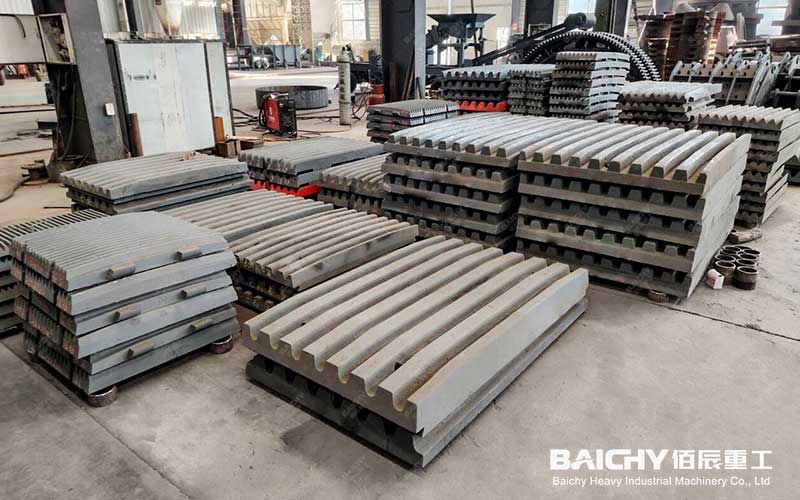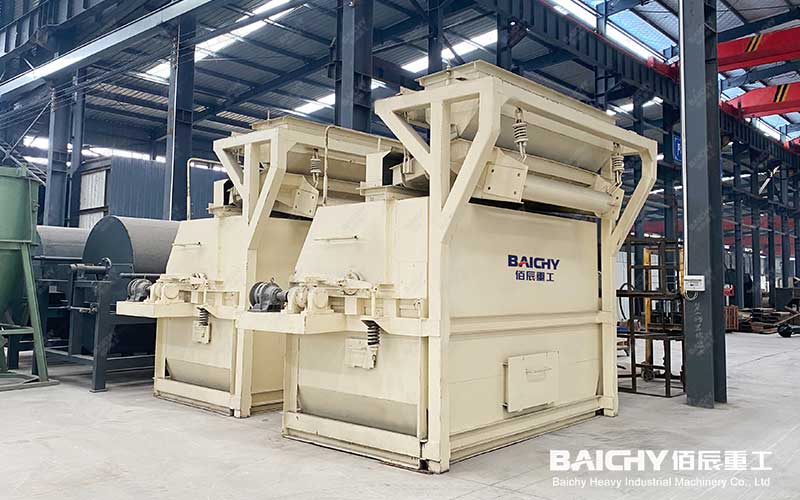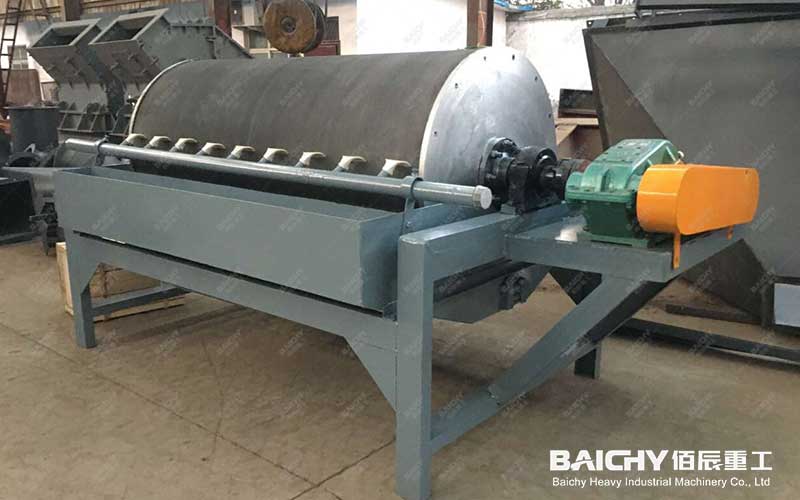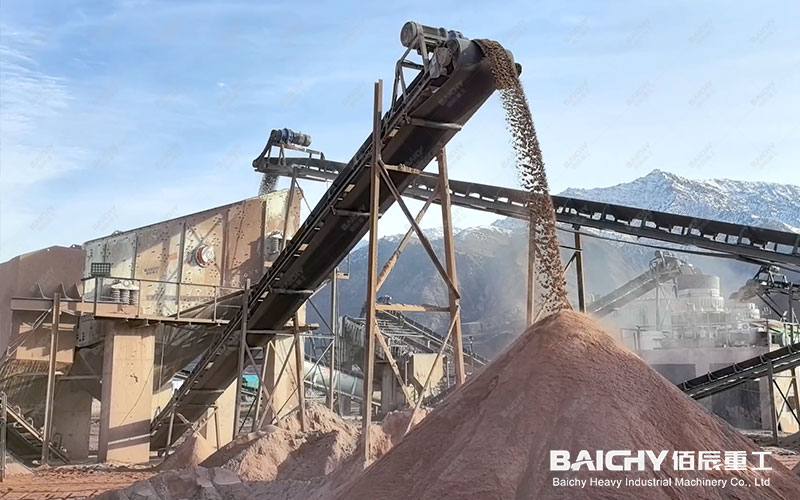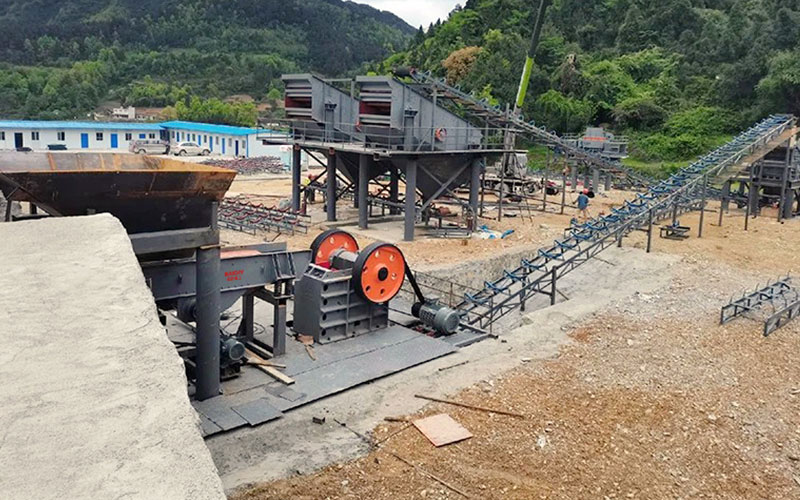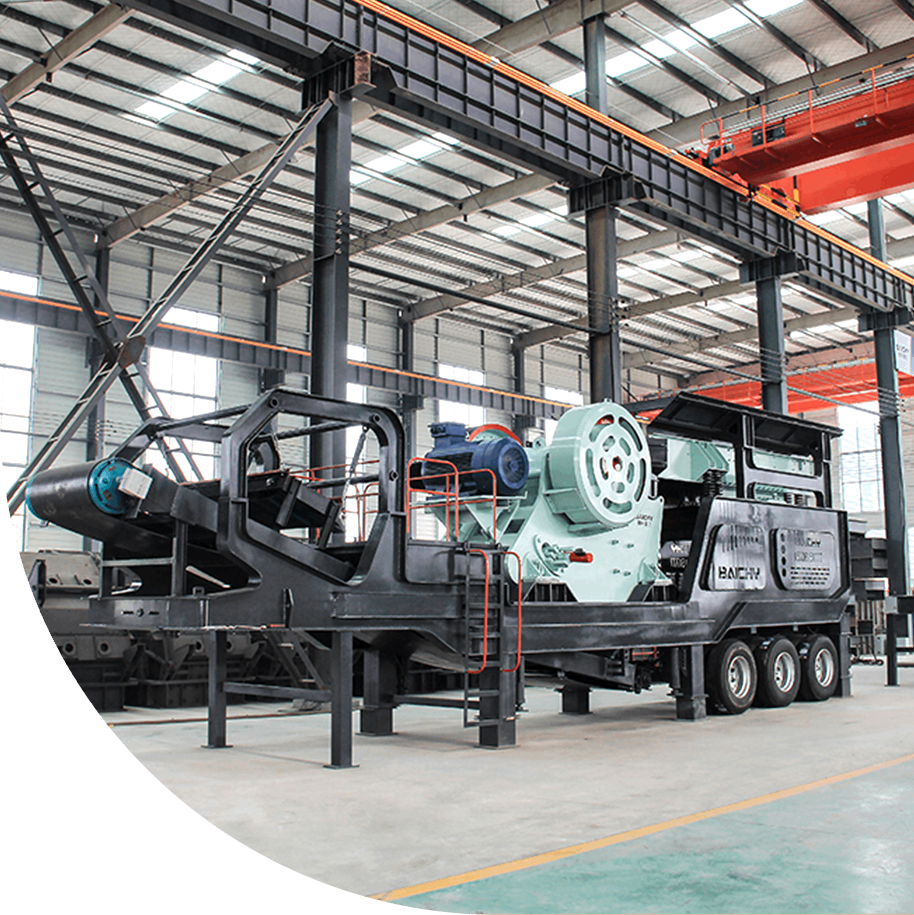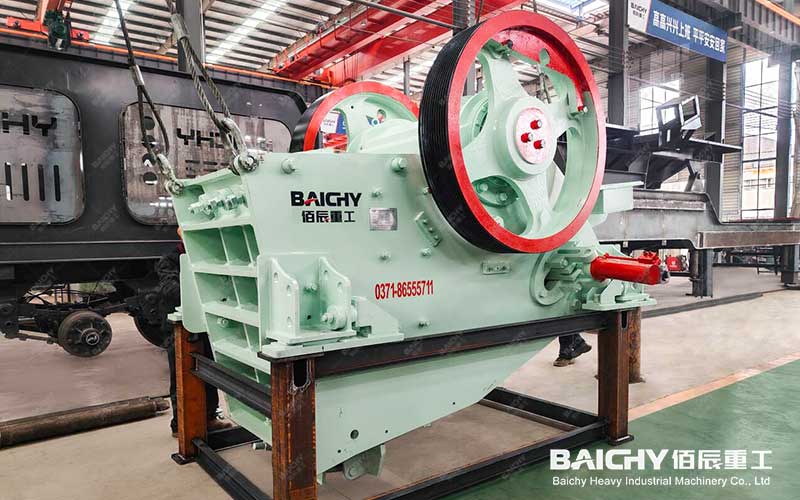
As the core crushing equipment in the mining, building materials, metallurgy and other industries, jaw crushers will inevitably have various faults during long-term high-load operation. If they cannot be diagnosed and repaired in time, it will not only affect production efficiency, but may also cause equipment damage and increase maintenance costs. This article will comprehensively analyze the common faults of jaw crushers and provide detailed solutions and preventive measures to help you quickly troubleshoot problems and extend the service life of the equipment.
Common faults and solutions of jaw crushers
1. Severe wear of the jaw plate
Fault phenomenon:
• Reduced crushing efficiency and uneven particle size of the discharged material.
• Obvious pits or cracks appear on the surface of the jaw plate.
Possible causes:
• The material hardness is too high or contains impurities (such as metal blocks).
• The jaw plate material is unqualified or improperly heat treated.
• The fixing bolts are loose, causing the jaw plate to shift and rub.
Solution:
✔ Choose high manganese steel or alloy steel to improve wear resistance.
✔ Adjust the discharge port: Avoid excessively small discharge ports to aggravate wear.
✔ Check the fastening bolts regularly to prevent loosening.
Preventive measures:
✔ Screen out metal impurities before feeding.
✔ Use the jaw plates symmetrically and replace them after wear to extend their life.
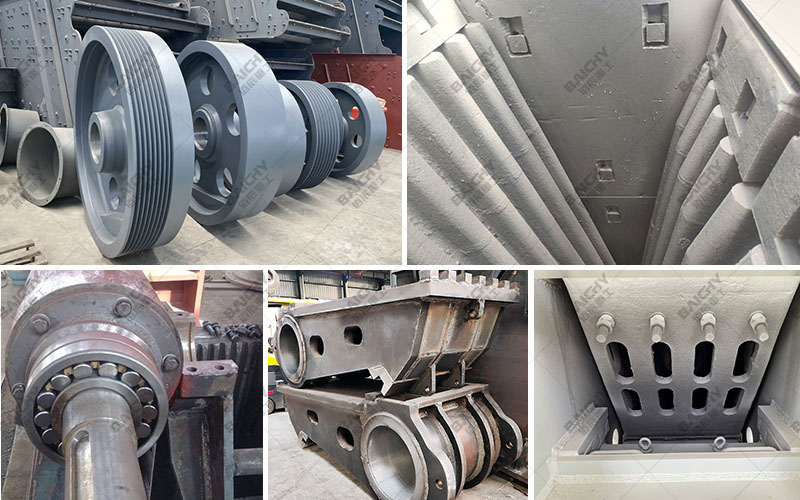
2. Bearing overheating or even burning
Fault phenomenon:
• The bearing temperature exceeds 70℃, accompanied by abnormal noise.
• In severe cases, the bearing is stuck and the equipment stops.
Possible causes:
• Poor lubrication (insufficient grease or contamination).
• Improper bearing installation or incorrect clearance adjustment.
• Long-term overload operation.
Solution:
✔ Check the lubrication system: Use high-temperature resistant grease and add it regularly.
✔ Adjust the bearing clearance to ensure that the clearance meets the standard.
✔ Replace damaged bearings and choose high-precision bearings (such as SKF, NSK brands).
Preventive measures:
✔ Check the lubrication condition every 8 hours of operation.
✔ Avoid long-term overload operation of the equipment.
3. Abnormal vibration or loud noise of the machine
Fault phenomenon:
• The machine body vibrates violently during operation, accompanied by metal collision sound.
Possible causes:
• The anchor bolts are loose or the foundation is unstable.
• The jaw plate or bearing is damaged.
• The flywheel or pulley is unbalanced.
Solutions:
✔Tighten the anchor bolts and reinforce the foundation if necessary.
✔Check the jaw plate and bearing, and replace damaged parts.
✔Correct the flywheel balance and adjust the belt tension.
Preventive measures:
✔Ensure the foundation is level during installation and use shock-absorbing pads.
✔Check the equipment fasteners regularly.
4. Crusher stuck (blocked)
Fault phenomenon:
• The material is blocked in the crushing chamber and cannot be discharged normally.
Possible causes:
• Feeding is too fast or the material humidity is too high.
• The discharge port is adjusted too small.
• The crushing chamber design is unreasonable.
Solutions:
✔Stop the machine to clean the blocked material (pay attention to safety).
✔Adjust the feeding speed to avoid putting too much material in at one time.
✔Appropriately increase the discharge port to ensure smooth discharge.
Preventive measures:
✔Control the moisture of the material (can be dried in advance).
✔Use a vibrating feeder to feed evenly.
5. The belt slips or breaks
Fault phenomenon:
• The motor is running but the movable jaw does not work, and the belt makes an abnormal sound.
Possible causes:
• The belt is too loose or severely worn.
• The pulley groove is worn, resulting in insufficient friction.
Solutions:
✔Tighten or replace the belt (choose a high temperature resistant and non-slip belt).
✔Repair or replace the pulley to ensure that the groove surface is flat.
Preventive measures:
✔Check the belt tension regularly to avoid being too tight or too loose.
✔Keep the belt clean to prevent oil stains and reduce the friction coefficient.
Daily maintenance suggestions for jaw crushers
• Regular lubrication: Add grease to key parts such as bearings and toggle plates every 8 hours.
• Tightening inspection: Check the bolts and jaw plate fixation every week.
• Cleaning and maintenance: Clean the residual materials in the crushing chamber after shutdown to prevent corrosion.
• Record operating data: Monitor parameters such as current and temperature to detect abnormalities in advance.
Jaw crusher failures often result from factors such as poor lubrication, wear, and improper operation. Regular maintenance and correct operation can greatly reduce the failure rate and increase the life of the equipment. If you encounter complex problems (such as spindle breakage and body cracking), it is recommended to contact professional maintenance personnel to avoid blind disassembly and cause greater losses.
Have you encountered similar problems with your jaw crusher? Welcome to contact us!
Further reading:


